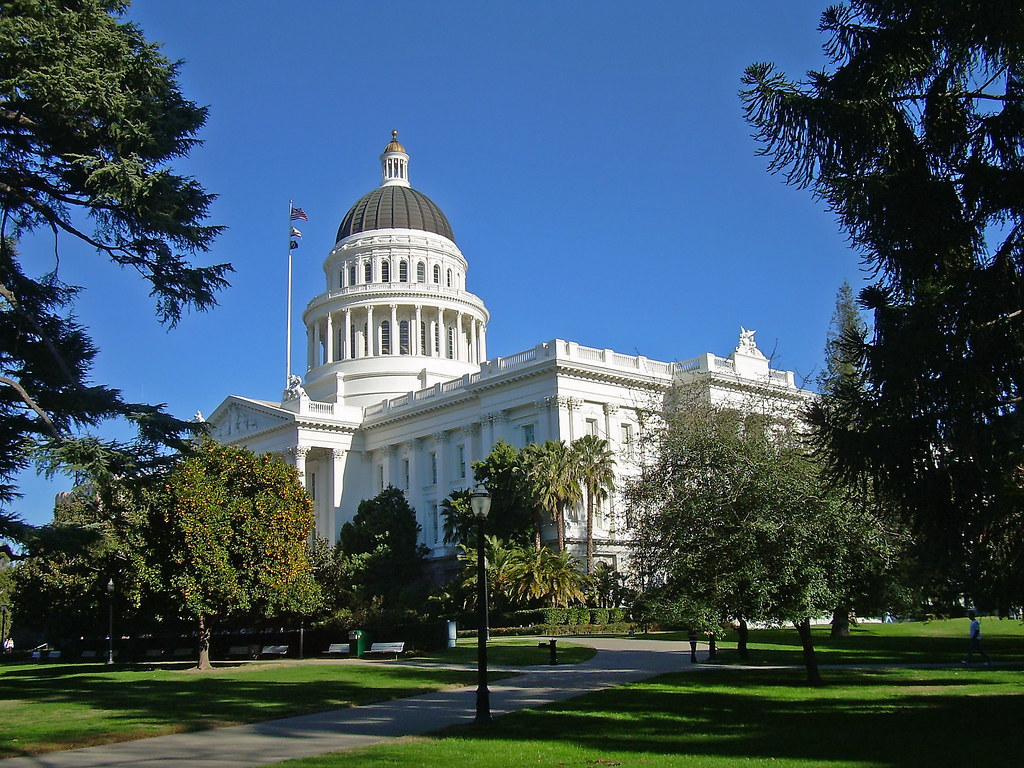Land Use
When Did Property Rights Drop Off the Conservative Agenda?
Property used to be a central conservative concern. Not so much these days.
One of the pillars of conservative thought used to be protection of property rights. But along with belief in free markets, it now seems to have lost its place of pride. The word “property” doesn’t even appear in the 2024 Republican platform. And I can’t remember Trump ever speaking about property rights.
CONTINUE READINGWe Built This City On Urban Form
California’s CEQA reforms will require rethinking how we code our cities
I am one of the relatively few observers who is not convinced that the California Legislature’s recent CEQA reforms are some sort of major transformation. They are a positive step toward building more housing in this state, but the idea that they will unleash housing construction and affordability is a classic case of overpromising – …
Continue reading “We Built This City On Urban Form”
CONTINUE READINGHow To Botch A CEQA Analysis
LA Metro’s draft EIR for the crucial Sepulveda Transit Corridor is thorough and careful, but it misses a key point: heavy rail is environmentally superior.
If you are from Los Angeles, you will get this. Q: What’s the best thing about the 405? A: Free parking. The 405 is the highway that runs down the west side of metropolitan Los Angeles, connecting the San Fernando Valley to west Los Angeles, down through the South Bay and into Orange County. Even …
Continue reading “How To Botch A CEQA Analysis”
CONTINUE READINGWhat Have We Learned About Rebuilding from Fire?
Woolsey Fire survivors reflect on the rebuilding process and what might help rebuild more resiliently after the January fires.
When I first met Nicole Fisher in 2019, her property in the Santa Monica Mountains was nothing but a driveway and a pile of cement. I was interviewing the art teacher for a radio story about her family’s plans to rebuild after the 2018 Woolsey Fire that destroyed her home and hundreds of others in …
Continue reading “What Have We Learned About Rebuilding from Fire?”
CONTINUE READINGCan Public Ownership Fix Our Electricity Woes? It’s Complicated
New UCLA report “Power Struggle: California’s Electric Utility Ownership Dilemma” by Sylvie Ashford, Mohit Chhabra, and Ruthie Lazenby
This post is co-authored by Sylvie Ashford and Mohit Chhabra. California’s investor-owned utilities (IOUs) are under intense scrutiny for causing deadly wildfires and charging some of the nation’s highest electricity rates. Adding to these challenges, IOUs are required to make significant clean energy and grid investments to achieve the state’s goal of a net zero …
Continue reading “Can Public Ownership Fix Our Electricity Woes? It’s Complicated”
CONTINUE READINGLeft NIMBYs Strike Out Yet Again
The Urban Institute study that they cite as evidence for stopping housing does not say what they claim.
The recent publication of Ezra Klein’s and Derek Thompson’s Abundance has the Alt-Left NIMBYs out in force. Again. Outraged by Klein and Thompson’s call for zoning reform, they argue that zoning reform has nothing to do with housing affordability. That’s their standard line. What isn’t standard is their reliance on a quality peer-reviewed study from …
Continue reading “Left NIMBYs Strike Out Yet Again”
CONTINUE READINGCalling Captain Renault
We are shocked – SHOCKED – that building more housing causes rents to fall
Well, how shocking. Not: “While much of the country is being crushed by a housing affordability crisis, living in Austin, Texas, is becoming cheaper as rent prices in the city are dropping faster than anywhere else in the nation.” And why, pray tell? “Over the past few years, Austin built more new apartments than any …
Continue reading “Calling Captain Renault”
CONTINUE READINGThe CEQA Poison Pill In SB 607
Weakening the statewide standard of review benefits polluting facilities
For California to meet its climate goals and bring down prices on basic needs like housing, transportation and energy, it will need to dramatically increase infill housing, transit and clean energy facilities, among other projects. Part of achieving that goal involves reforming how environmental review under the California Environmental Quality Act (CEQA) can counter-productively slow …
Continue reading “The CEQA Poison Pill In SB 607”
CONTINUE READINGTrump’s War on Cities
The Administration is devoted to destroying urban life: that puts it with many of history’s worst regimes
I just finished up Ian Buruma’s and Avishai Margalit’s excellent book, Occidentalism: The West in the Eyes of Its Enemies, and it struck me that we need to think of Donald Trump’s despoilation of the environment in a broader perspective: his administration seeks to fundamentally change both the natural and the human environment. Trump clearly …
Continue reading “Trump’s War on Cities”
CONTINUE READINGThe $133 Million Bat Tunnel
Here’s what permitting reform in the United Kingdom can teach the United States about building and abundance.
“We’ll rip out ‘insane’ environmental rules that block growth.” “We can’t get anything built anymore. Everything takes too long.” “We will streamline environmental obligations. We will limit the cynical legal challenges that block major infrastructure projects. We will strip away the years of consultation that drown builders.” You might well expect these threats and worries …
Continue reading “The $133 Million Bat Tunnel”
CONTINUE READING












